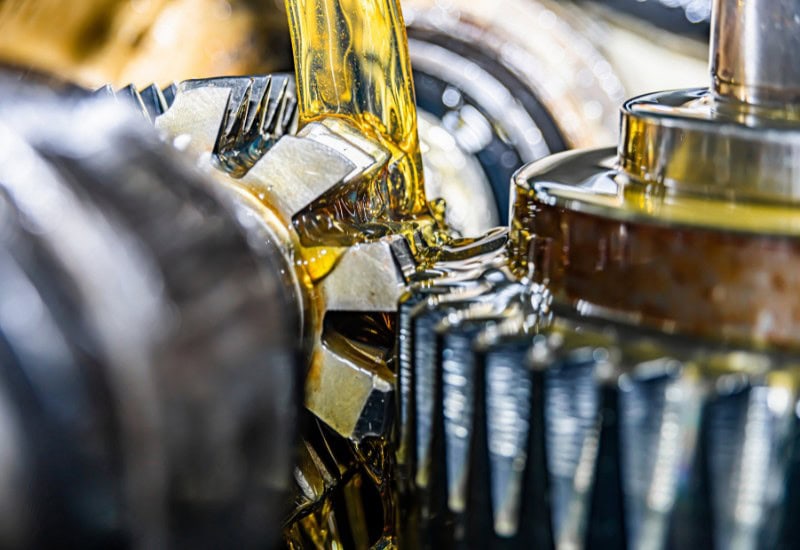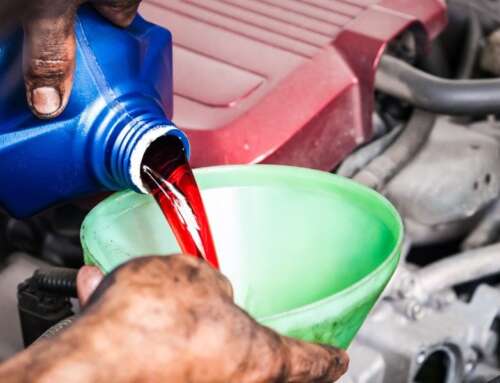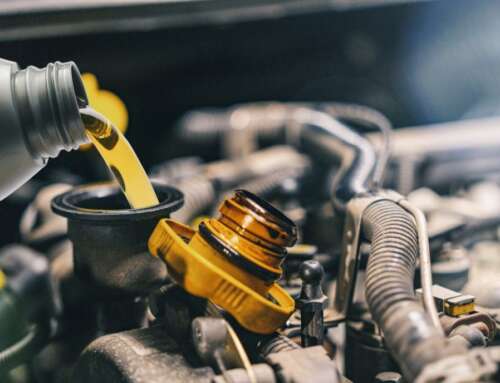Gear oil is an important aspect in being able to smoothly operate your mechanical systems and keep them working for as long as you can. No matter what you are using it for, understanding the reasons behind thickening gear oil is essential for making sure your machine stays at top performance and preventing damage. In this blog, we’ll explore the potential causes of gear oil thickening and how to address these issues to keep your equipment running smoothly.
Oxidation
Oxidation is a common chemical reaction where gear oil reacts with oxygen over time, leading to a thickening of the oil. This process creates acids and sludge, which can alter the viscosity of the oil and reduce its effectiveness. Factors such as high operating temperatures and exposure to air can accelerate oxidation.
Contamination
Contaminants like water, dirt, and metal particles can get into the gear oil, leading to its thickening. Water contamination, for example, can cause emulsification, where water and oil mix and create a thick, milky substance. Dirt and metal can also add to sludge formation.
High Operating Temperatures
Excessive heat can break down the additives in gear oil and lead to a thicker, more viscous substance. This is often from overloading, inadequate cooling, or poor ventilation. Make sure your equipment operates within the recommended temperature range and that cooling systems are functioning properly to prevent overheating.
Additive Depletion
Gear oils contain a variety of additives to better its performance, including anti-wear agents, detergents, and dispersants. Over time, these additives can be depleted or become less effective, leading to it thickening.
Improper Oil Specification
Using gear oil that doesn’t meet the equipment’s specifications can lead to performance issues, including thickening. Gear oils come in different grades and types and using the wrong one can cause poor lubrication and increased viscosity.
Wear and Tear
Over time, gears and other components can wear down, creating debris and metal particles that can thicken the oil. This is especially common in high-wear environments.
Chemical Reactions
Certain chemicals or additives used in gear oils can react with each other or with contaminants, leading to thickening. At Inventory Express, we can help make sure your additives work with the gear oil and follow manufacturer guidelines.
Improper Storage
Gear oil that is stored improperly, like in extreme temperatures or in open containers, can degrade and thicken. Store gear oil in a cool, dry place and make sure containers are sealed to prevent this from happening.
Trust Inventory Express for Quality Gear Oils
Thickening of gear oil is a sign that something may be wrong in your equipment or maintenance routine. By understanding the potential causes of thickening gear oil, you can take the steps needed to address and prevent these issues. Regular maintenance, proper lubrication practices, and adhering to manufacturer recommendations can all help make sure your gear oil performs at its best and your equipment remains in top condition.
For more information on types of gear oils and other lubricants you may need, contact Inventory Express today.







